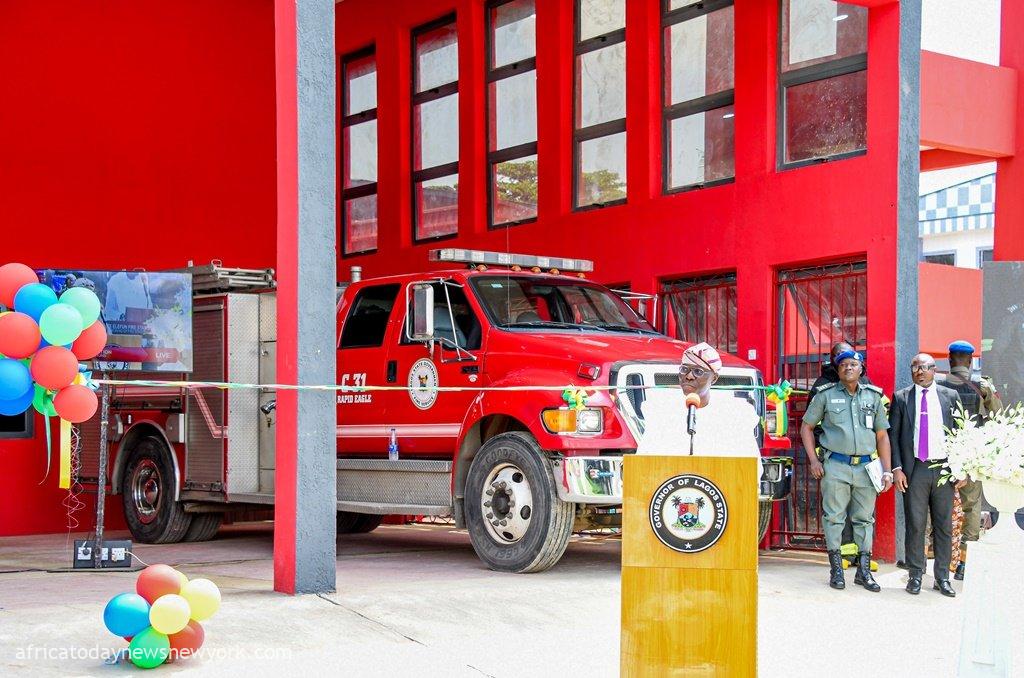The Lagos Fire and Rescue Service voiced apprehension over the escalating frequency of false alarms flooding in from residents across the state.
Speaking to journalists over the weekend, Amodu Shakiru, the Director of Public Affairs at the Lagos State Fire Service, divulged that of the 505 calls for assistance logged between January and March this year, 143 were confirmed to be false alarms.
Shakiru underscored that proactive steps have been taken by the service to address the escalating instances of deceptive distress calls.
“Some addresses provided were even untraceable. The toll of these deceptive calls is not merely a waste of time and resources but also a drain on taxpayers’ money. In the first quarter of this year alone, out of the 505 emergency calls we received, 143 of them were hoax calls made by mischievous persons. I am just talking about January to March.
“It is on the increase this year. Some people just play with the 767 distress number. We don’t know why. But we want to believe they were done purposely. Sometimes, we rushed down to the address and didn’t see any trace of fire. At other times, the addresses given were untraceable.
Read also: Canada Prepares For Another ‘Explosive’ Wildfire Season
“It is hard to tell which of the calls are genuine, hence, the need to drive down every time we receive such distress calls. Last year, we prosecuted someone over this issue of hoax calls just to deter others. Despite all the noise we made about it in the media, it has not helped to reduce it in any way.”
In April 2023, the state government arraigned 18-year-old Solomon Uzuokwu for offences relating to making hoax calls for an emergency responder.
Under the provisions of the Lagos State Fire Service Law and Command and Control Centre Law of 2013, Uzuokwu purportedly utilized the emergency hotline to report a fire incident in Harmony Estate, Langbasa, Ajah, on April 14, 2023.
To tackle the mounting challenge, the Lagos Fire Service has stepped up its efforts in public education, employing radio shows and other communication avenues to inform the Nigerian population about the grave implications of engaging in deceptive distress calls.

